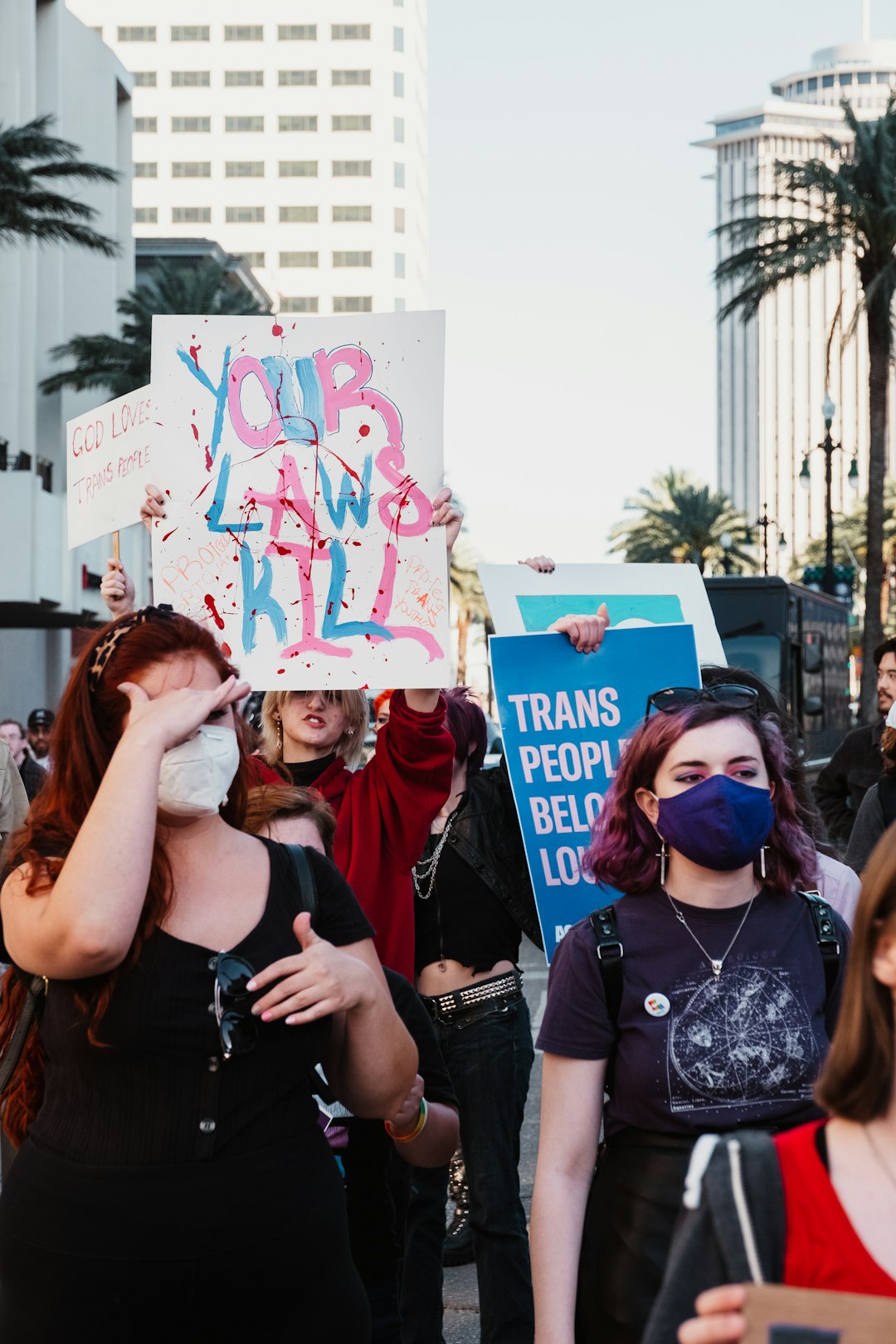
Selective Outrage: How Left-Wing Hypocrisy Ignites Partisan Frenzies
In the grand theater of American politics, where the script is often dictated by outrage and the audience is perpetually divided, one can’t help but wonder: is there a method to the madness? Enter the left-wing outrage machine, armed with a selective moral compass that points only when it suits their narrative. It’s a phenomenon that not only ignites partisan frenzies but also leaves a trail of hypocrisy that would make even the most seasoned acrobat blush.
The Nature of Selective Outrage
Selective outrage is a tactic as old as politics itself, but it has taken on a new life in the age of social media. One might argue that the left has perfected this art, wielding it like a weapon against perceived injustices while conveniently ignoring their own transgressions. The hypocrisy is staggering. For instance, the same individuals who demand accountability from others often turn a blind eye when their allies stumble. This double standard creates an environment ripe for division and animosity.
Consider the uproar surrounding various public figures who have made comments deemed offensive. The left quickly mobilizes, launching campaigns to “cancel” these individuals, often overlooking the context or the nuances of their statements. In contrast, when their own side falters—be it through questionable actions or statements—they rally around a shield of silence or rationalization. It’s as if the progressive playbook includes a special chapter on “How to Ignore Your Own Side’s Faux Pas.”
Igniting Partisan Frenzies
This selective outrage doesn’t just provoke eye-rolling; it ignites partisan frenzies that drown out rational discourse. The outrage machine thrives on emotional responses, often leading to mob mentality. Just take a look at social media: one viral post can spark a wildfire of indignation, leading to hashtags trending before anyone has had the chance to verify the facts.
Real-world implications of this frenzy are alarming. Consider the case of a prominent conservative figure being publicly shamed for a statement taken out of context. The left’s swift condemnation is met with a barrage of emotional support from their base, creating an echo chamber that amplifies outrage while drowning out reasoned debate. Meanwhile, when faced with similar situations involving their own, the left often engages in a delicate dance of deflection, employing the age-old strategy of “whataboutism” to divert attention.
Data and Expert Opinions
To add some credibility to this argument, let’s delve into the findings of recent studies that highlight the impact of selective outrage. According to research from various communication scholars, individuals are more likely to express outrage over issues that align with their political beliefs, often ignoring contradictory evidence. This confirmation bias not only fuels division but also perpetuates a cycle of anger that is increasingly difficult to break.
Moreover, political analysts have noted that this trend has been particularly effective for left-leaning media outlets. By selectively highlighting certain events while downplaying others, they create a narrative that reinforces their agenda. This not only distorts public perception but also cultivates an environment where rational discussions are overshadowed by emotional outbursts.
Counterarguments and Balanced Perspective
Of course, one must acknowledge that outrage is not exclusive to the left. The right has its own share of selective outrage, especially when it comes to cultural issues. However, what sets the left’s approach apart is the sheer volume and intensity with which they mobilize their outrage. The left has mastered the art of leveraging social media to amplify their calls for change, often overshadowing more nuanced discussions.
Nonetheless, it is essential for both sides to recognize their tendencies toward hypocrisy and to strive for a more balanced discourse. The goal should not be to eliminate outrage altogether, but to ensure it is wielded responsibly and consistently. After all, if we are to have any hope of bridging the partisan divide, we must first acknowledge our own shortcomings.
Conclusion
In conclusion, the selective outrage of the left serves as a potent reminder of the pitfalls of hypocrisy in politics. It not only fuels partisan frenzies but also undermines the potential for rational discourse. As we navigate this complex political landscape, let us strive for a more unified approach—one that values consistency and accountability over emotional theatrics. Until then, we’ll continue to witness the spectacle of selective outrage, a performance that is as entertaining as it is disheartening.
Engaging in honest discussions, questioning our biases, and holding all parties accountable may well be the antidote we need to combat the frenzied cycles of outrage that plague our society today. After all, if we can’t even hold ourselves to the standards we expect from others, what hope do we have for a more civil discourse in the future?


